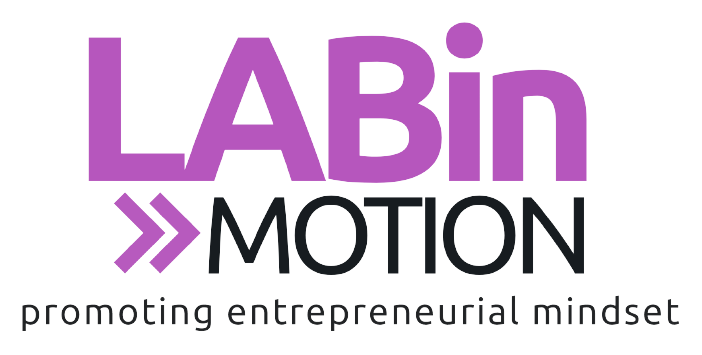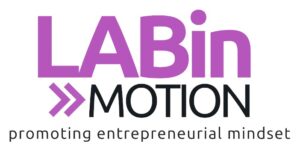We are all familiar with the age-old debate over whether or not money can buy happiness. In the entrepreneurial world, you will find people contesting over a near similar idea – can money, or more precisely, funding, get you the success you want? There are several self-funded startups across the world that reached incredible heights without any external funding to support them in their initial stages. Their success is a testimony to the fact that the pre-requisite for making an entrepreneurial breakthrough isn’t funding – it’s grit!
Many startup owners believe that a large amount of capital is necessary to kickstart their business. Funding is, no doubt, of prime importance when it comes to launching a new business. However, the notion that a considerable chunk is required from outside investors is not entirely correct.
Entrepreneurs wondering whether it’s possible to implement their next idea with minimal capital at hand should look at present-day giants that started from humble beginnings. Companies that bootstrapped their way to success offer creative inspiration and valuable insight into how others can do the same.
2 of the Most Successful Self-Funded Startups
GitHub
‘Where the world builds software’ was once just a small version control system. Today, GitHub is one of the most influential software development platforms with more than 40 million users and over 190 million repositories, making it the world’s largest host of source code.
GitHub was launched in 2008 by Tom Preston-Werner, Chris Wanstrath, and PJ Hyett [1]. Originally named Logical Awesome LLC, the vision behind its creation was to have a dedicated site where programmers can combine complex codes to produce peculiar things. In just under a few months, the platform had accumulated over 46,000 repositories from over 100,000 users. This attracted investors, and in 2010, Andreessen Horowitz, an American venture capital firm, poured a whopping $100 million into the enterprise [2].
Shortly thereafter, GitHub raised $250 million in a round led by another US-based venture capital firm, Sequoia Capital, bringing the company’s net-worth at an estimated $2 billion. In a span of about ten years, this self-funded startup had become a tech tycoon. It was subsequently acquired by Microsoft for $7.5 billion in 2018.
The key takeaway from GitHub’s success story is the tactical launch and steady growth of the company using the capital available.
While the site was launched in 2008, the founders actually made it available to select users about a year earlier as a beta release. This enabled them to keep operating expenses to a minimum while allowing them to interact with their target audience and collect initial user feedback more effectively. As a result, the site features and functionality were already optimized before the official launch.
Plenty of Fish
Plenty of Fish is one of the most popular online dating sites, with an estimated revenue of $100 million. Headquartered in Vancouver, Canada, the company employs more than a hundred people. It has users all across the world, including Australia, Brazil, Canada, UK and the US. Plenty of Fish is now a subsidiary of the Match Group, which owns and operates Tinder and OkCupid as well. However, the origin of this million-dollar enterprise lies in, you guessed it, self-funding.
Plenty of Fish started as a side-hustle for its former CEO and founder, Markus Frind. Graduating from a polytechnic institute in British Columbia with a diploma in Computer Systems Technology, Markus created the site in 2004 with virtually no money and no investors to fund his startup. However, within a few years, he was earning around $10 million a year while working for as little as one hour a day.
How did he do it? Smart thinking and effective entrepreneurship.
Markus kept things simple and let strategic advertising do most of the work for bringing his brand into the public eye. His marketing campaign included a contest with Lady Gaga where single members had a chance to meet the singer and go together on The Fame Ball Tour.
He also ‘marketed’ the website for Plenty of Fish in various music videos of renowned American singers, such as Natasha Bedingfield, Britney Spears, Ke$ha, and Jason Derulo.
It’s surprising to know that even after more than three years into running the online business successfully, Markus had a staff of exactly zero members. He managed the site operations from his small apartment desk in Vancouver independently until 2008, when he hired a few employees for user support [3].
Plenty of Fish was eventually sold to the Texas-based tech firm Match Group for an impressive $575 million in 2015.
Markus showed the world how it’s possible to build an empire of wealth, starting with nothing but personal savings. He primarily relied on only personal debt and ad revenue to provide initial capital to grow the online business. Plenty of Fish’s road to success provides a useful model for bootstrapping companies as it encourages simplicity and flexibility, especially during the initial growth phase.
5 Bootstrapping Methods Startups Can Use
Lack of funding is never a problem for the truly passionate entrepreneurs out there. Startups have a range of options at their disposal to meet their capital needs. These include:
- Owner financing – Entrepreneurs use personal savings and income from full or part-time jobs to fund their business.
- Personal debt – Getting a loan from personal or investment banks, leading to credit card debt.
- Sale of assets – Selling personal assets, such as a vehicle, real estate, recreational equipment, or other items of value, can help raise business capital.
- Sweat equity – Enlisting the help of friends, family members, or other personnel to contribute to the company’s operation in the form of physical effort, thus saving labor costs.
- Subsidy finance – Using cash payments, tax cuts, and other financial resources provided by the government to support business activities.
Venture capitalists and angel investors can be of significant benefit for taking a new business to new heights. However, self-funded startups too, can achieve lasting success by taking strategic decisions and following sustainable plans to expand their business even with limited resources.
Here are some more stories of bootstrapped ventures – iD Fresh Foods, Cogknit, Eye-D, and Taraltec.
References:
[1] https://medium.com/@smhatre59/the-untold-story-of-github-132840f72f56
[2] https://techcrunch.com/2012/07/09/github-pours-energies-into-enterprise-raises-100-million-from-power-vc-andreesen-horowitz/
[3] https://www.bbc.com/news/business-28776694





